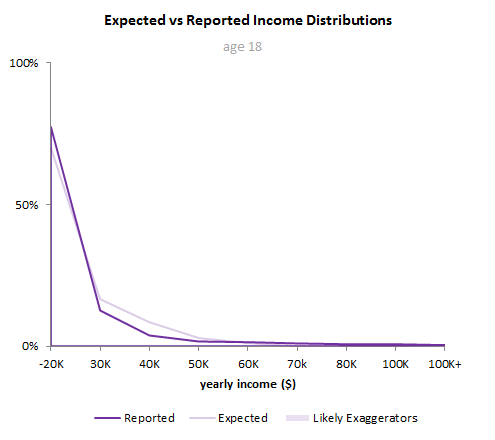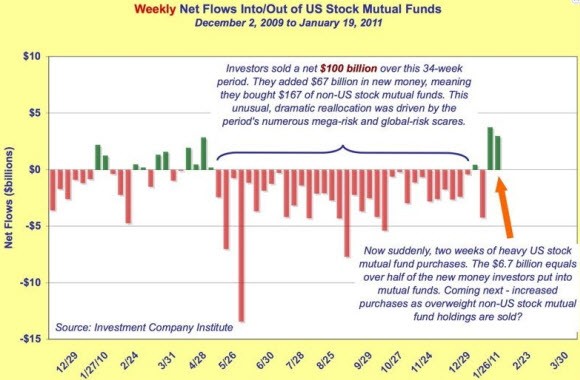Mutual fund labels help but they can be deceiving
Post on: 5 Июль, 2015 No Comment

Mutual fund labels help, but they can be deceiving
September 23, 2007
Some people go to the grocery store just to buy food. Others read the labels to make sure that what theyre getting has the ingredients theyre looking for.
When it comes to mutual funds, however, labels can be deceiving, and they can change.
The results can leave an investor queasy.
It may be a bit hard to follow and theres no question that the story is technical but investors saw living proof last week when many experts expected South Korea to be moved from the ranks of emerging markets into the higher ground of developed nation. The country actually wears both labels now, with index providers Dow Jones and Wilshire Associates considering South Korea developed while FTSE Group and MSCI Barra have it as an emerging market.
London-based FTSE Group which maintains thousands of indexes covering most of the worlds markets was expected to change its label on South Korea early this month, but the firm instead gave developed-nation status to the technology-laden economy of Israel.
As one of the most stable emerging-markets economies and with a dominant position in many emerging-markets funds a change in status for South Korea could cause tremendous shifts in the funds that invest in emerging countries. Depending on which benchmark a fund uses one that includes South Korea in the emerging side or one that doesnt investors could see big swings in performance; an emerging-markets fund that includes South Korea might be more stable than one that has more exposure to lesser economies.
In the benchmarking world, this kind of status can be the difference between being in or out of an investment, says Kurt Schacht, managing director for the CFA Centre for Financial Market Integrity. For an investor, the change in a label can mean a change in the fund, and the issue becomes, Does this fund invest in what I think its buying? 
The situation is in the news because of emerging markets, but its actually a bigger debate in the mutual fund world.
Most investors dont really know the rules a fund follows when it comes to assets. A balanced fund, for example, can have three-quarters of its assets in stocks or bonds, rather than seeking a more balanced split. A fund can be named for a sector or industry, such as an Internet fund, and keep a quarter of its assets in other industries. That same Internet fund can define what makes an Internet stock based on its own terms.
Apply those vague standards to investors and youve got a recipe for people being disappointed or surprised by what they find in their portfolios.
Investors hear from experts about the need to spread money around, diversifying into large and small companies, investing domestically and overseas, and more.
But in practice, the global marketplace has been merging many traditional standards, so that a large-cap growth fund might have a huge chunk of its assets invested in big foreign stocks. In some cases, even the label of domestic comes into question through the use of American Depositary Receipts. Thats the investment form that allows Toyota Motor Corp. to trade on the New York Stock Exchange, which makes it domestic in the eyes of some investors even though most Americans would consider the stock to be international, if only because it has a foreign headquarters.
Similarly, when a company such as General Electric reports that half its revenues come from foreign operations or sales, it might not truly fit the label of domestic stock anymore.
Fund labels are changing, too. One manager might live by a mandate that large-cap growth also means domestic, but another may believe that large-cap investing is a global enterprise.

A funds prospectus lays out how much leeway management has, but the truth is that most funds are started with language that provides maximum flexibility; they may not use that freedom initially, but its there if they want to change how they pursue opportunities.
The issue for investors is simple: Know what you own, and watch how its changing.
Investors in an emerging-markets fund that holds South Korea could also find their international fund which buys stocks in developed countries with a big slug of businesses from South Korea, too.
Fund managers have to worry about benchmarks and trying to follow certain lines, but investors are trying to build a portfolio they believe in, says Jeff Tjornehoj, senior research analyst at Lipper Inc. The labels have less meaning than someone being comfortable that theyre getting what they expect from a fund.
Says Gregg Brewer, executive director of research at Value Line, The labels we put on funds may fit less and less every day, so it falls down to you to know what you own.
Chuck Jaffe is senior columnist at MarketWatch. He can be reached at cjaffe@marketwatch.com or Box 70, Cohasset, MA 02025-0070.
Next Story














